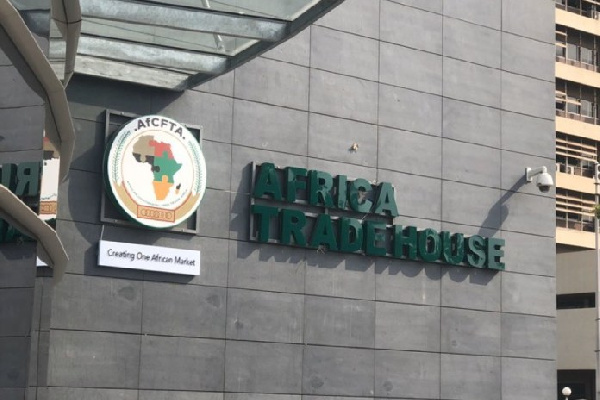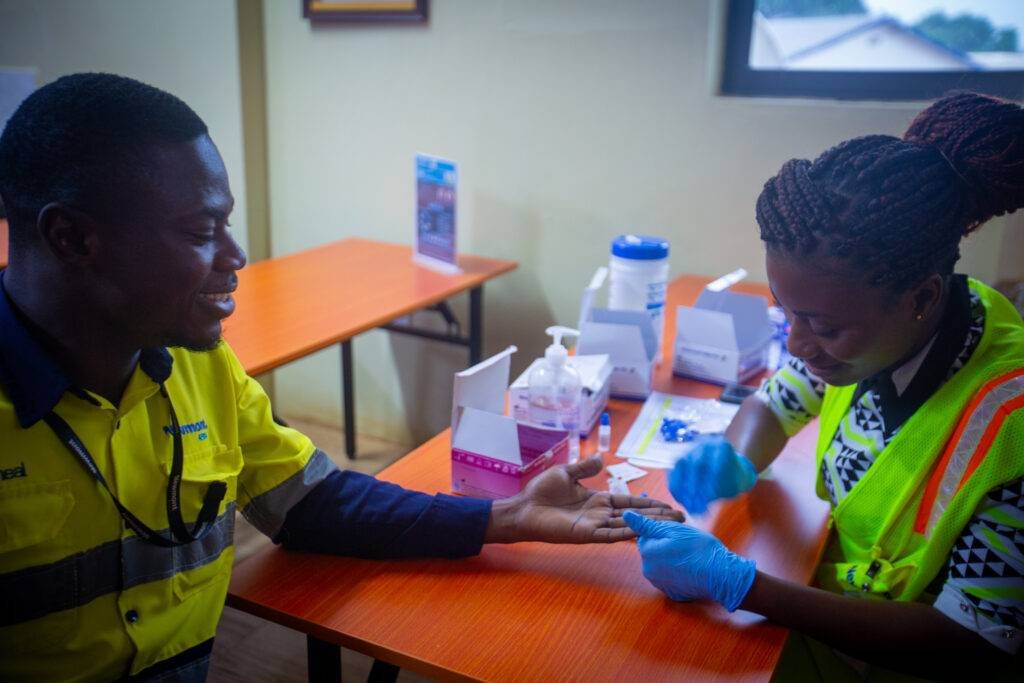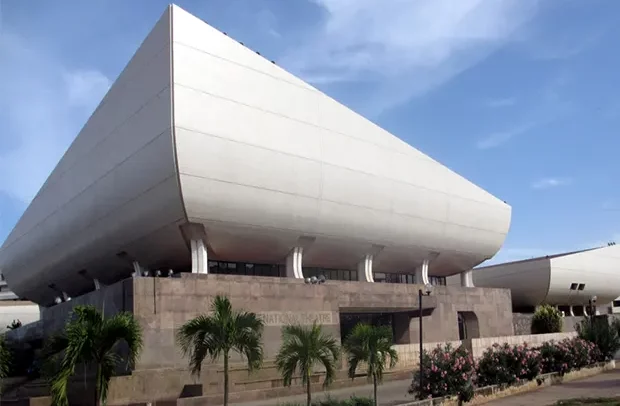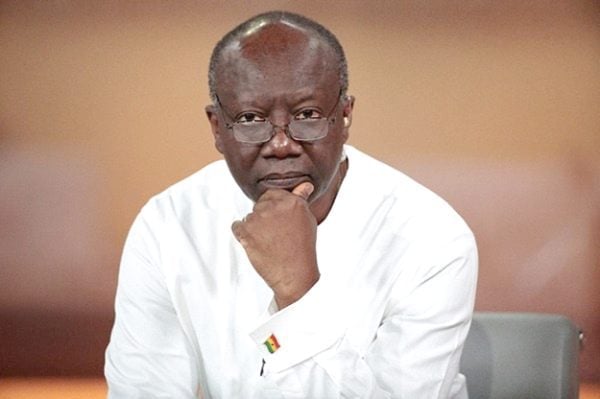
Its approval was done by the 18th ordinary Session of Assembly of Heads of State and Government, held in Addis Ababa, Ethiopia in January 2012 which adopted the decision to establish a Continental Free Trade Area.
This initiative’s implementation is aimed at providing quick wins, impact on socio-economic development and enhancing confidence and the commitment of Africans as the owners and drivers of Agenda 2063.
According to Article 23 of the Agreement Establishing the African Continental Free Trade Agreement (AfCFTA), entry into force occurs 30 days after the 22nd instrument of ratification is deposited with the Chairperson of the African Union Commission (AUC) – the designated depositary for this purpose. The Agreement entered into force on 30 May 2019 for the 24 countries that had deposited their instruments of ratification by this date.
According to tralac.org, the operational phase of the AfCFTA was launched during the 12th Extraordinary Session of the Assembly of the Union on the AfCFTA in Niamey, Niger on 7 July 2019. The start of trading under the AfCFTA Agreement began on 1 January 2021.
As of 17 January 2022, 39 countries have deposited their instruments of ratification (ordered by date):
Ghana, Kenya, Rwanda, Niger, Chad, Eswatini, Guinea, Côte d’Ivoire, Mali, Namibia, South Africa, Congo, Rep., Djibouti, Mauritania, Uganda, Senegal, Togo, Egypt, Ethiopia, Gambia, Sahrawi Arab Democratic Rep., Sierra Leone, Zimbabwe, Burkina Faso, São Tomé & Príncipe, Equatorial Guinea, Gabon, Mauritius, Central African Rep., Angola, Lesotho, Tunisia, Cameroon, Nigeria, Malawi, Zambia, Algeria, Burundi and Tanzania.
However, Ghana is the host of the AfCFTA.
These are the general objectives of the AfCFTA as outlined by afcfta.au.org:
1. Create a single market for goods, services, facilitated by movement of persons in order to deepen the economic integration of the African continent and in accordance with the Pan African Vision of “An integrated, prosperous and peaceful Africa” enshrined in Agenda 2063;
2. Create a liberalised market for goods and services through successive rounds of negotiations;
3. Contribute to the movement of capital and natural persons and facilitate investments building on the initiatives and developments in the State Parties and RECs;
4. Lay the foundation for the establishment of a Continental Customs Union at a later stage;
5. Promote and attain sustainable and inclusive socio-economic development, gender equality and structural transformation of the State Parties;
6. Enhance the competitiveness of the economies of State Parties within the continent and the global market;
7. Promote industrial development through diversification and regional value chain development, agricultural development and food security; and
8. Resolve the challenges of multiple and overlapping memberships and expedite the regional and continental integration processes. Read Full Story

























Facebook
Twitter
Pinterest
Instagram
Google+
YouTube
LinkedIn
RSS